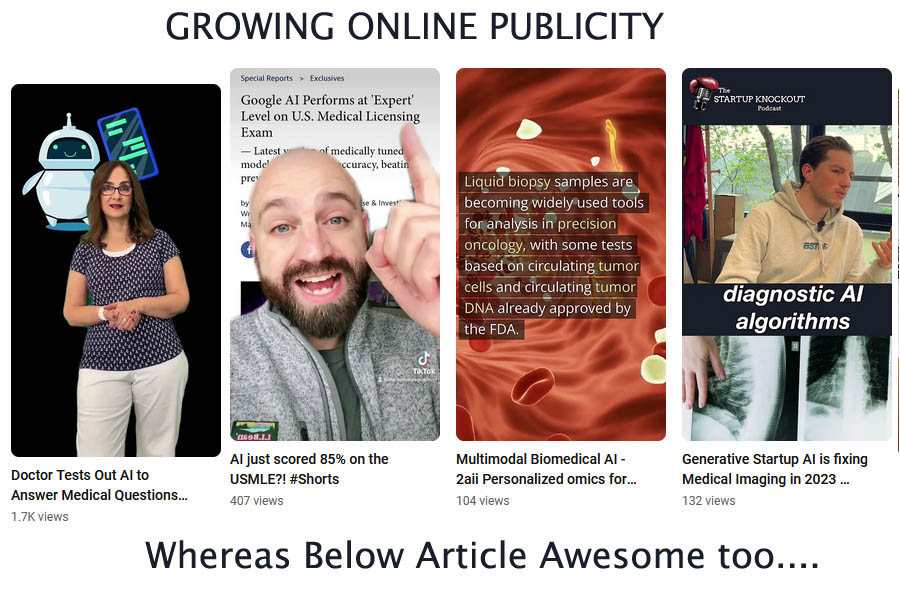
In the intricate world of medical research, trust is paramount. Patients rely on the latest findings to guide their treatments, while doctors and scientists base their practices on the credibility of published studies. However, recent revelations have shaken this foundation of trust, as a surge in fraudulent research has been uncovered. Thanks to new detection tools fueled by Artificial Intelligence (AI), the lid has been lifted on what some are calling an epidemic of fraud in medical research and publishing.
Last year marked a grim milestone as the number of papers retracted by research journals surpassed 10,000 for the first time. Among the notable cases was the revelation involving the chief of a cancer surgery division at Columbia University’s medical center. Investigations uncovered dozens of his cancer treatment studies riddled with dubious data and recycled images. Similarly, scandals tarnished the reputations of prestigious institutions like Harvard and Stanford University, with one instance leading to the resignation of a university president.
Arthur Caplan, the Director of Medical Ethics at NYU Langone Medical Center, sheds light on the issue. Caplan, who has been at the forefront of ethical discussions in the medical field, acknowledges the alarming trend. He emphasizes that fraud cases have become increasingly common not only in the US but also globally. Caplan’s colleague, Ivan Oransky, who runs the renowned Retraction Watch program at NYU, believes there could be tens of thousands more fraudulent papers awaiting discovery.
The implications of fraudulent research extend far beyond academic circles. Patients, often unaware of the dubious origins of published studies, may unwittingly receive treatments based on flawed or falsified data. Caplan stresses that this isn't a victimless crime; it directly impacts individuals battling diseases, potentially jeopardizing their health and well-being.
One of the root causes of this epidemic is the pressure to publish. In a competitive research landscape, where funding remains stagnant, researchers face immense pressure to produce results, sometimes at the expense of integrity. Caplan points out that this pressure permeates academic evaluation processes, where the quantity of publications often outweighs their quality.
Moreover, the hierarchical structure within research teams can stifle dissent and accountability. Junior researchers may hesitate to challenge senior investigators, fearing repercussions on their careers. This lack of checks and balances enables fraudulent practices to go unchecked.
While institutions conduct investigations in response to whistleblowers, Caplan emphasizes the need for proactive measures. Regular audits and transparent investigations are essential to maintain the integrity of research. However, institutional reputations and concerns about offending stakeholders sometimes hinder thorough scrutiny.
For patients and their advocates, navigating the vast landscape of medical literature is fraught with challenges. Caplan warns against blindly trusting all published research, urging vigilance in scrutinizing sources and methodologies. Misguided reliance on flawed studies can lead to misguided treatment decisions, with potentially grave consequences.
In the age of information abundance, discerning credible sources from misinformation is crucial. Caplan cautions against relying solely on social media or unverified online platforms for medical information, stressing the importance of seeking information from reputable sources.
As the spotlight shines on the epidemic of fraud in medical research, Caplan's insights serve as a call to action. Safeguarding the integrity of scientific inquiry requires collective efforts from researchers, institutions, and the broader community. Only through stringent oversight, transparency, and ethical conduct can we preserve the trust upon which the edifice of medical research stands.
Thank you for reading: globalpostheadline.com | If you want to advertise your Company, Events, Movies, Products, Hotels, Travel Packages Let us know